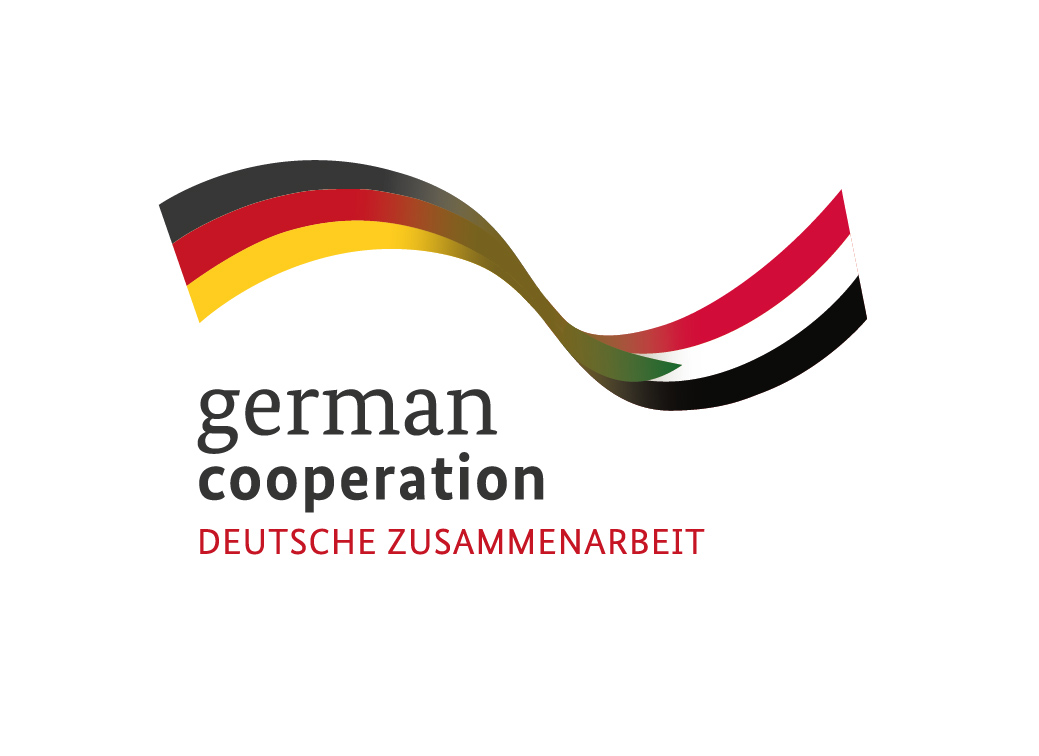
The Oxford English Dictionary respectively defines reparations as:
Reparations are the necessary and natural corollary to any justice-related process. Without effective reparations, even the most comprehensive accountability measures, policies or processes may be seen as incomplete by, inter alia, individuals belonging to communities that have been affected by a legacy of serious human rights violations or international crimes.
At an international level, far more attention has been paid to building institutions focused on retributive forms of accountability, namely, investigations and prosecutions. Institutions, mechanisms or policies focused on reparations have failed to keep pace mainly because reparations are sui generis by definition, that is, they are unique and unlike other parts of the law, and in addition, require a great deal of domestic buy-in in order to be comprehensive. In short, implementing meaningful reparations is crucial but not easy.
The United Nations has promulgated its “Basic Principles” on Reparations which breaks the concept of reparations into the following five main categories: 1) Restitution; 2) Compensation; 3) Rehabilitation; 4) Satisfaction; and 5) Guarantees of Non-Repetition.
Reparations can be individual, collective and/or symbolic. At the international level, it is generally accepted that, as laid down by the International Court of Justice in the case concerning the factory at Chorzow, “reparation must, as far as possible, wipe out all the consequences of the illegal act and re-establish the situation which would, in all probability, have existed if that act had not been committed”. In certain instances, this may be possible (e.g., returning property taken during war), but in other cases, it may not be feasible (e.g., reversing torture inflicted on someone’s body).
There are widely promulgated norms associated with reparations in international human rights (IHRL), humanitarian (IHL) and criminal (ICL) law. For a detailed discussion on IHL and ICL, please see the information sheets entitled, “Understanding International Humanitarian Law”, “An introduction to International Crimes” and “The Global ‘System’ of International Criminal Justice”. In IHRL, the right to effective remedy has been interpreted as a right to reparation. These rights have been further distilled by regional human rights instruments and institutions, such as the European Court of Human Rights, the Inter-American Court of Human Rights and the African Court on Human and Peoples Rights (ACHPR). Indeed, in the case of Reverend Christopher R. Mtikila v. United Republic of Tanzania , the ACHPR held that “any violation of an international obligation that has caused harm entails the obligation to provide adequate reparation.”
Under IHL and in the context of both international and non-international armed conflicts, a state that violates the laws of war is under an obligation to make reparations. However, challenges arise when individual victims attempt to enforce the right to reparations before national courts. Such challenges mainly stem from the fact that traditional international law holds that only states hold complete rights and responsibilities as subjects of international law. Individuals are considered beneficiaries and usually have to seek their rights through their home country, and as history has demonstrated, states tend not to sanction themselves.
In ICL, the International Criminal Court (ICC) is the first tribunal to include a reparations mandate in its constitutional document, the Rome Statute. Article 75 of the Rome Statute states that the Court shall establish principles for reparations and that court orders for reparations shall be made directly against a convicted person (rather than a state). Under Article 79, a Trust Fund was established for the benefit of victims of crimes coming within the jurisdiction of the Court. Yet, despite its lofty ambitions, the ICC’s Trust Fund for Victims has been beset by resource constraints and has so far been unable to provide meaningful reparations in cases involving large numbers of victims. The Court has ordered reparations in various cases, such as The Prosecutor v. Thomas Lubanga Dyilo and The Prosecutor v. Bosco Ntaganda from the situation in the Democratic Republic of the Congo, and The Prosecutor v. Ahmad Al Faqi Al Mahdi from the situation in Mali, among others.
Despite the promulgation of norms concerning reparations at the international level, for most victims, national proceedings and programmes may provide the best opportunity of obtaining redress in the aftermath of mass violence. National systems tend to be better suited to redressing the particular needs of victims in specific locations and managing issues concerning prioritisation between victims and society at large. Even ordinary domestic civil claims systems can become a strong potential option for redress in circumstances where the national court system still functions and victims are not barred due to, inter alia, discrimination.
What is clear is that international justice mechanisms will always struggle to secure sufficient resources to implement comprehensive reparations for populations that have suffered through widespread and systematic violence. This responsibility more appropriately rests with the state. However, rather than cede all responsibility, existing international justice processes can and should be leveraged to achieve wider reparations-related outcomes domestically. As a concept, reparations have been widely touted in legal and policy sectors as crucial to shoring up the impunity gap; and yet, there remains a sizable implementation gap with respect to effective reparations measures at both the national and international level.
To address this gap, in the future, actors within Sudan should consider leveraging international justice processes (like the ICC) to create the legal and political space necessary for comprehensive domestic reparations measures. This form of complementarity will be necessary if justice, in the form of reparations, is to be achieved.

